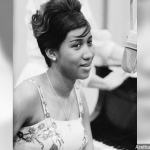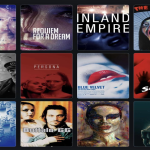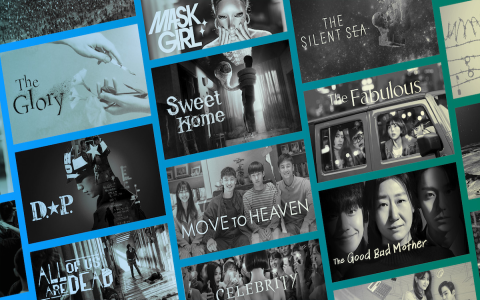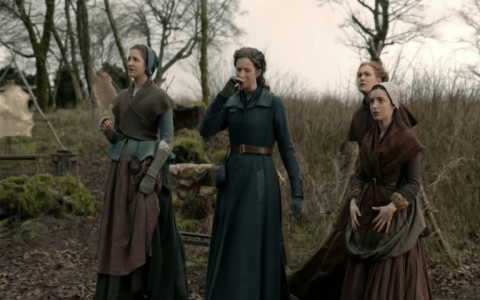Well, hey there! Let’s gab a bit about this “doona” thing, you know, the one they use in them Korean shows and such. I ain’t no fancy scholar or nothin’, but I’ve watched my fair share of them Korean dramas while waitin’ for the bread to rise, and I’ve picked up a thing or two.
So, what’s this “doona” all about? From what I gather, it’s like callin’ someone “older sister” if you’re a fella. You see, them Koreans, they got all sorts of ways to talk to folks dependin’ on how old they are and whether they’re a man or a woman. It’s kinda like how we used to call our elders “Mister” or “Miss” back in the day, only a whole lot more complicated. They got different words for everything!
Now, this “doona” ain’t just any older sister, mind you. It’s usually used for someone you’re kinda close to, like a friend or someone you see around a lot. It ain’t as formal as callin’ someone “ajumma,” which is like callin’ a woman “ma’am” or somethin’. “Ajumma” is for them older ladies, you know, the ones with the perms and the sensible shoes. “Doona” is for someone younger, someone you might even have a little crush on. You know how them young folks are, always gettin’ sweet on each other.
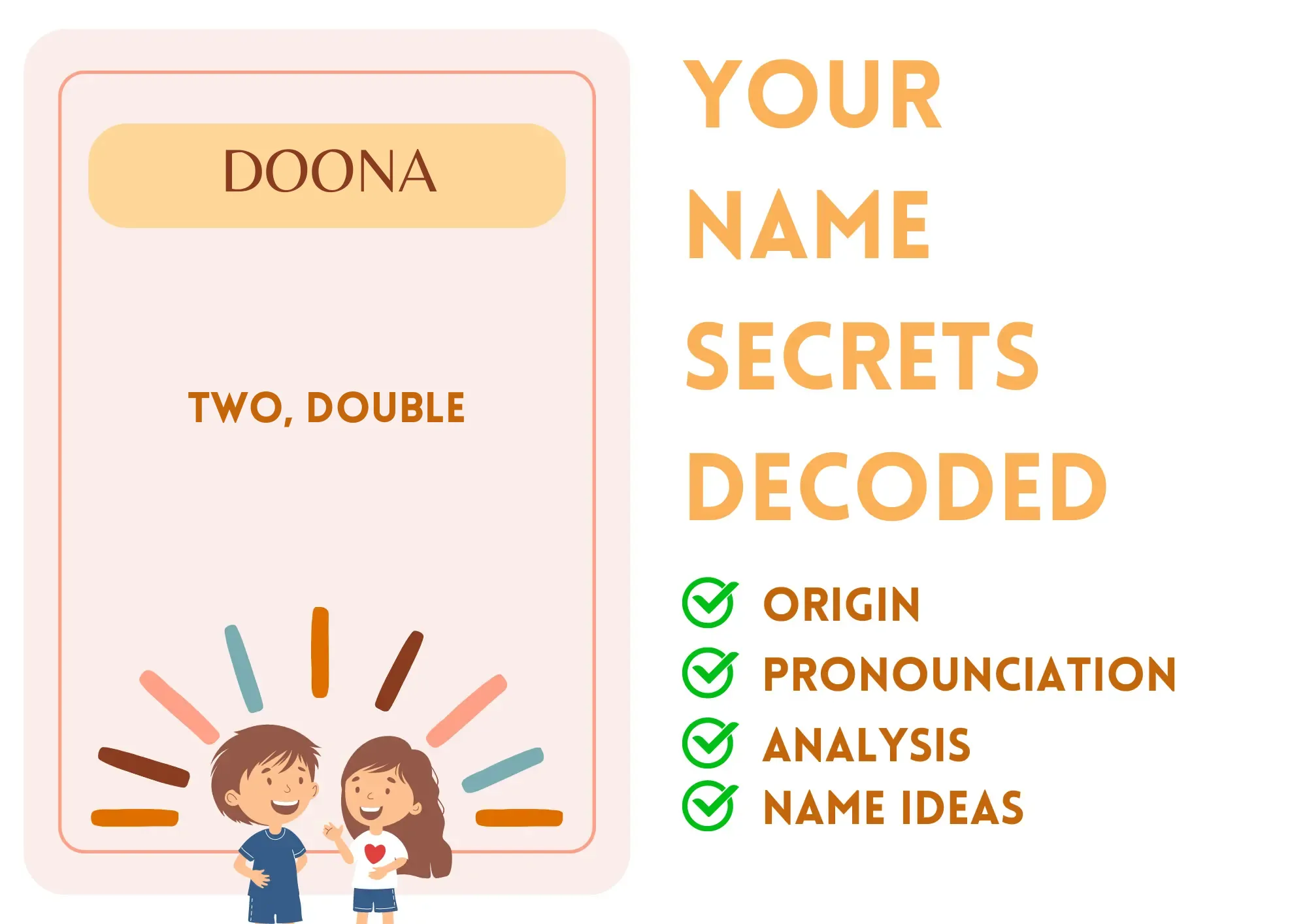
- “Doona” is used by guys.
- It means “older sister.”
- It’s used for someone you’re close to.
I reckon it’s kinda like how young boys used to moon over the older girls back in my day. They’d follow ’em around like lost puppies, tryin’ to get their attention. It’s the same kinda thing, just with a fancy Korean word. And let me tell ya, them Korean fellas in them dramas sure know how to moon over a “doona.” They get all shy and awkward, makin’ goo-goo eyes and whatnot. It’s enough to make an old lady like me chuckle.
But “doona” ain’t the only word they use for older folks, no sir. If you’re a gal talkin’ to an older gal, you’d say “unnie.” That’s like callin’ someone “big sis” or somethin’. And if you’re a fella talkin’ to an older fella, well, that’s a whole ‘nother story. They got words like “hyung” and “sunbae,” dependin’ on the situation. It’s enough to make your head spin!
Why do they use all these fancy words anyway? Well, I reckon it’s got somethin’ to do with respect. Them Koreans, they take respectin’ your elders real serious. It’s baked right into their language. You can’t just go around callin’ everyone by their first name like them youngsters do these days. You gotta show folks their due respect, and the way you talk to ’em is a big part of that.
And it ain’t just about age, neither. It’s about status too. You gotta talk different to your boss than you do to your buddy. You gotta talk different to a stranger than you do to your family. It’s all a big social dance, and if you don’t know the steps, you’re gonna step on some toes.
Learnin’ Korean Slang
Now, if you’re tryin’ to learn Korean, all this might seem mighty confusin’. But don’t you fret none. Even them Koreans gotta learn all these rules when they’re growin’ up. And besides, it ain’t all about rules and formality. They got slang words too, just like we do. Words like “daebak,” which means somethin’s awesome, or “jjang,” which means somethin’s the best. Them words are fun to learn, and they make you sound a little more like a local. You know, like one of them.
So, if you wanna learn Korean, don’t be scared of all them fancy words. Just start with the basics, learn a few phrases, and don’t be afraid to make mistakes. And if you ever get confused, just remember what “doona” means. It’s a good place to start, and it’ll give you a little taste of how Korean culture works. It’s all about respect, see? Respecting them olders and knowing your place. That’s what I always say.
And that’s all I gotta say about “doona.” It’s just a word, but it tells you a whole lot about them Koreans and how they see the world. Now, if you’ll excuse me, I gotta go check on them biscuits I got in the oven. They’re probably about done by now.
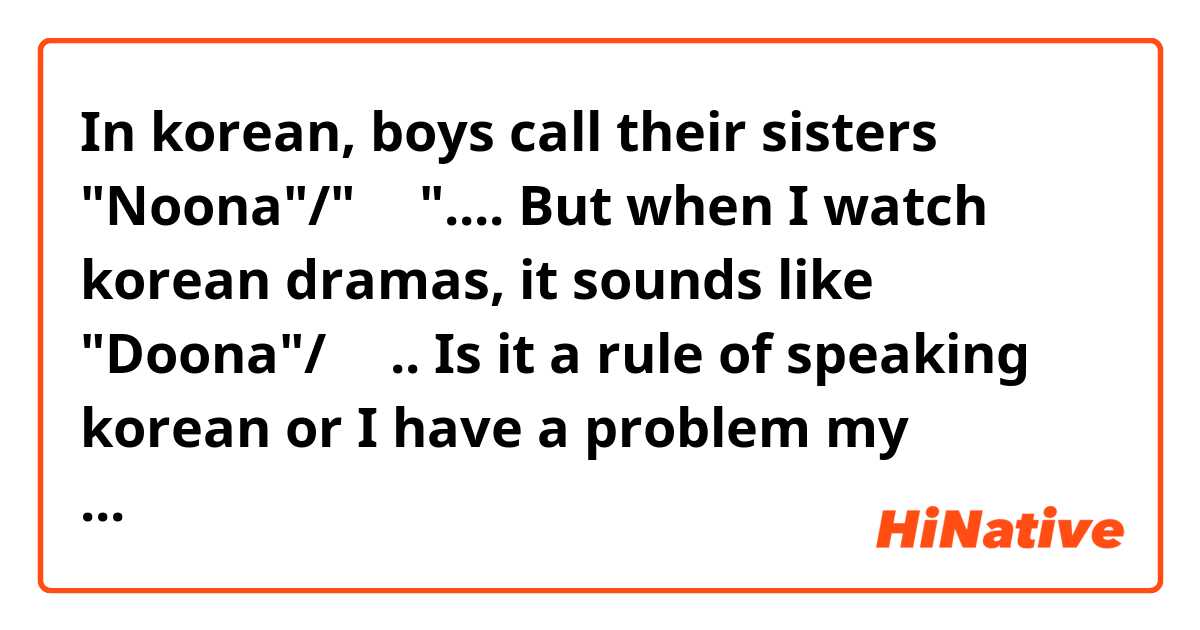
Understanding Korean Grammar
Oh and those fancy Korean words sometimes get strung together in ways that seem plumb backward to us. Like this grammar point called “daga” . I hear tell it means to link two things happening one after the other. Sounds like a hen clucking if you ask me.
Tags: Korean language, Korean culture, doona, unnie, ajumma, Korean slang, Korean drama, language learning, respect, social hierarchy, South Korea



